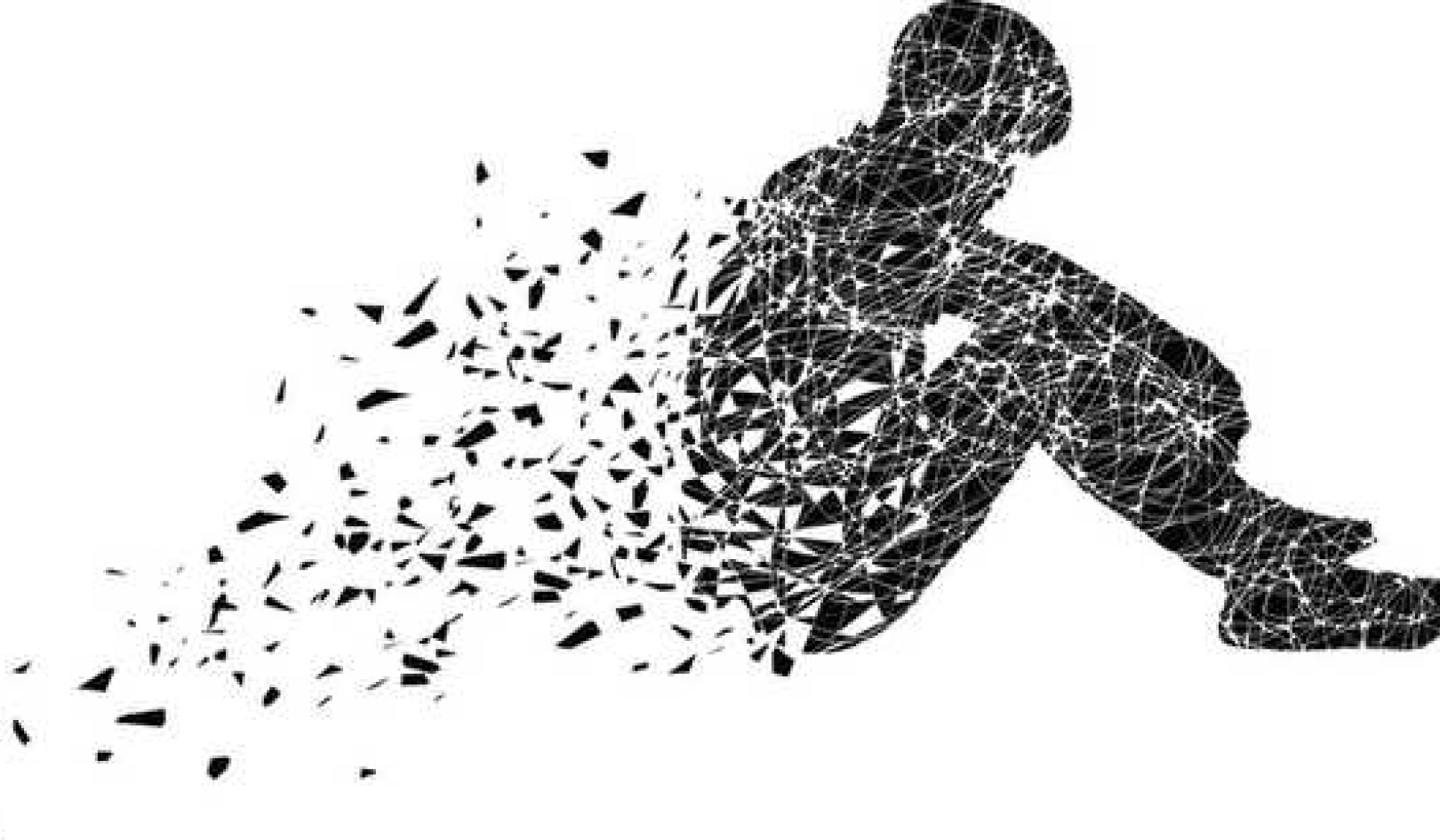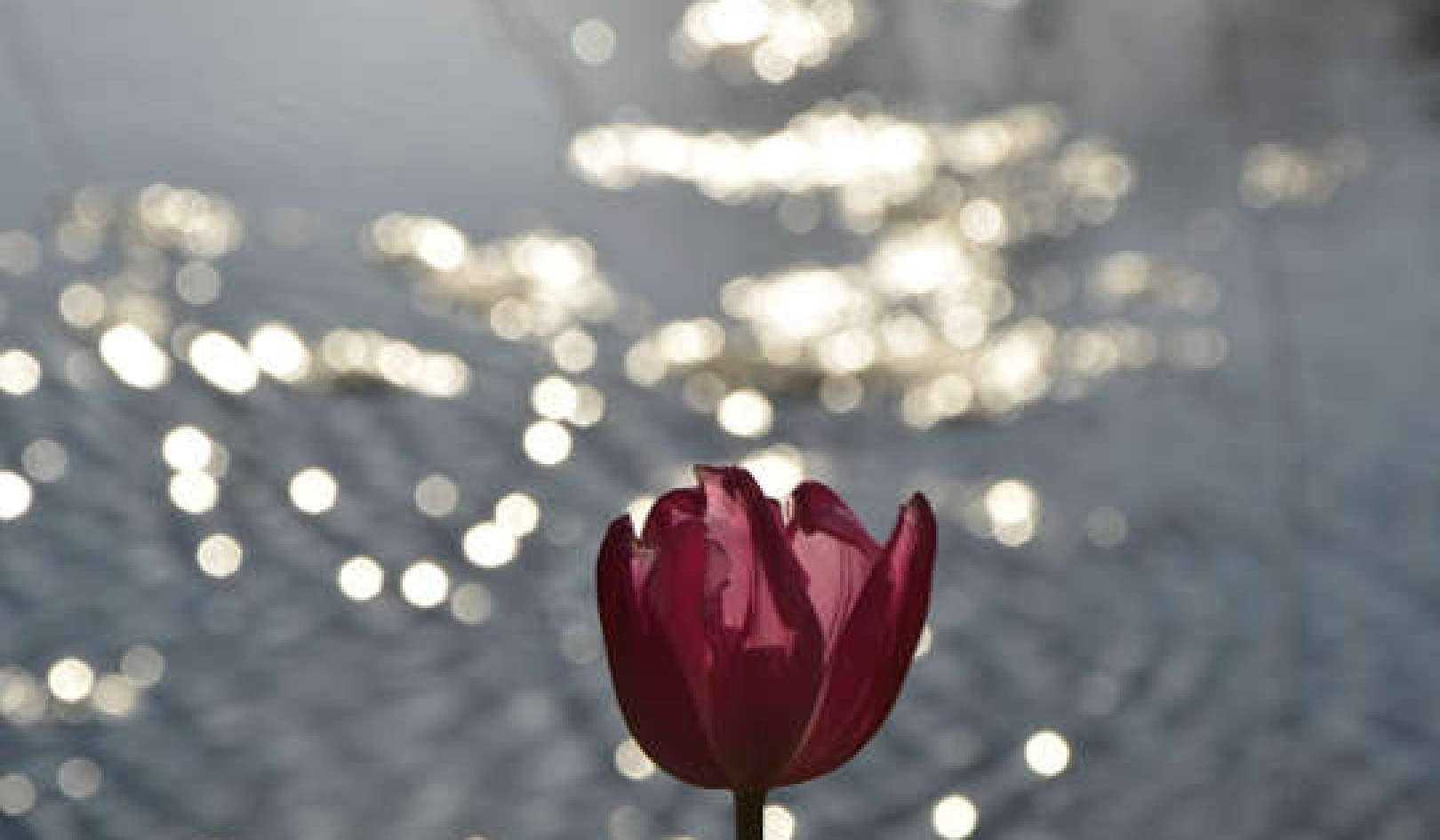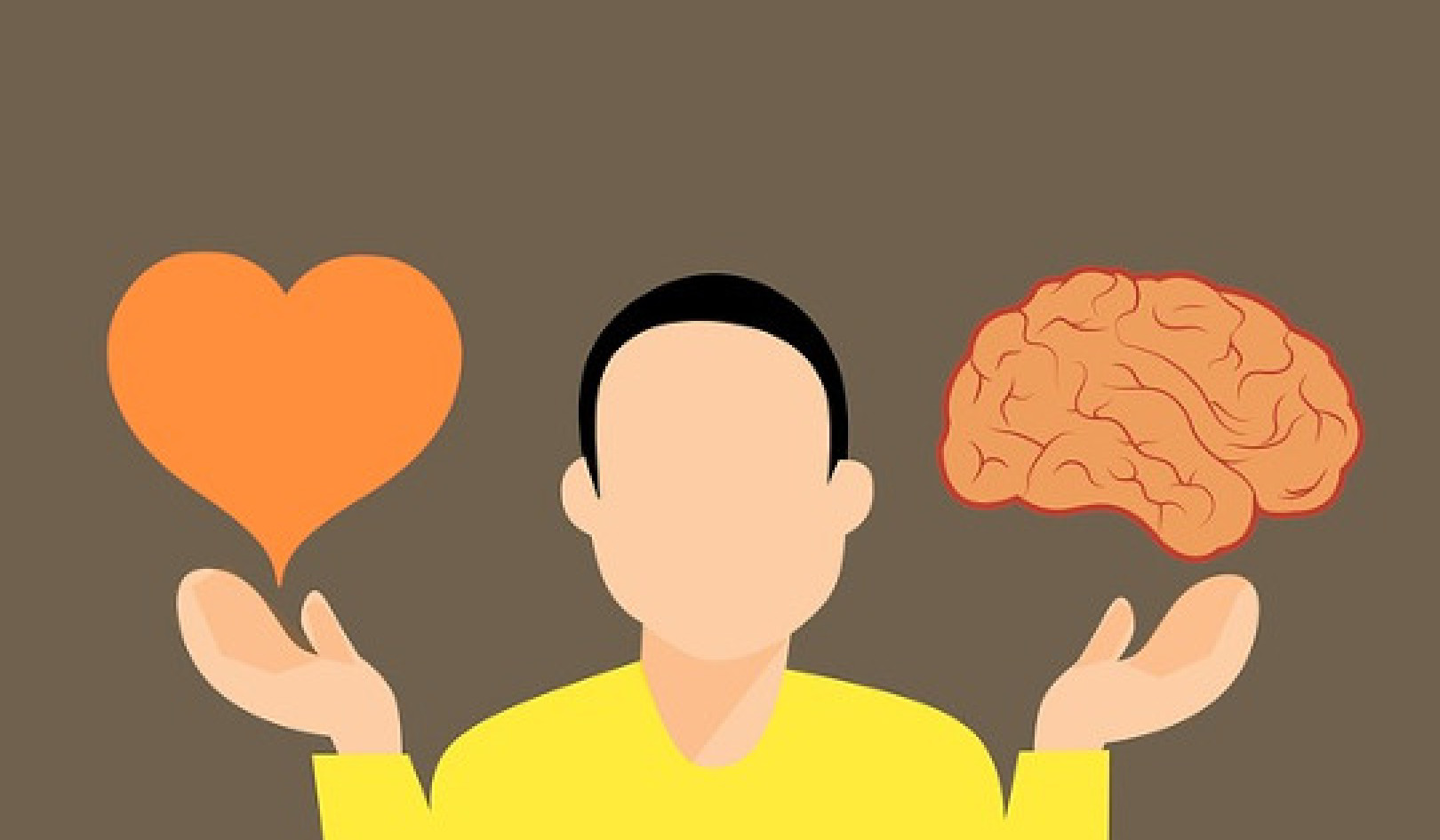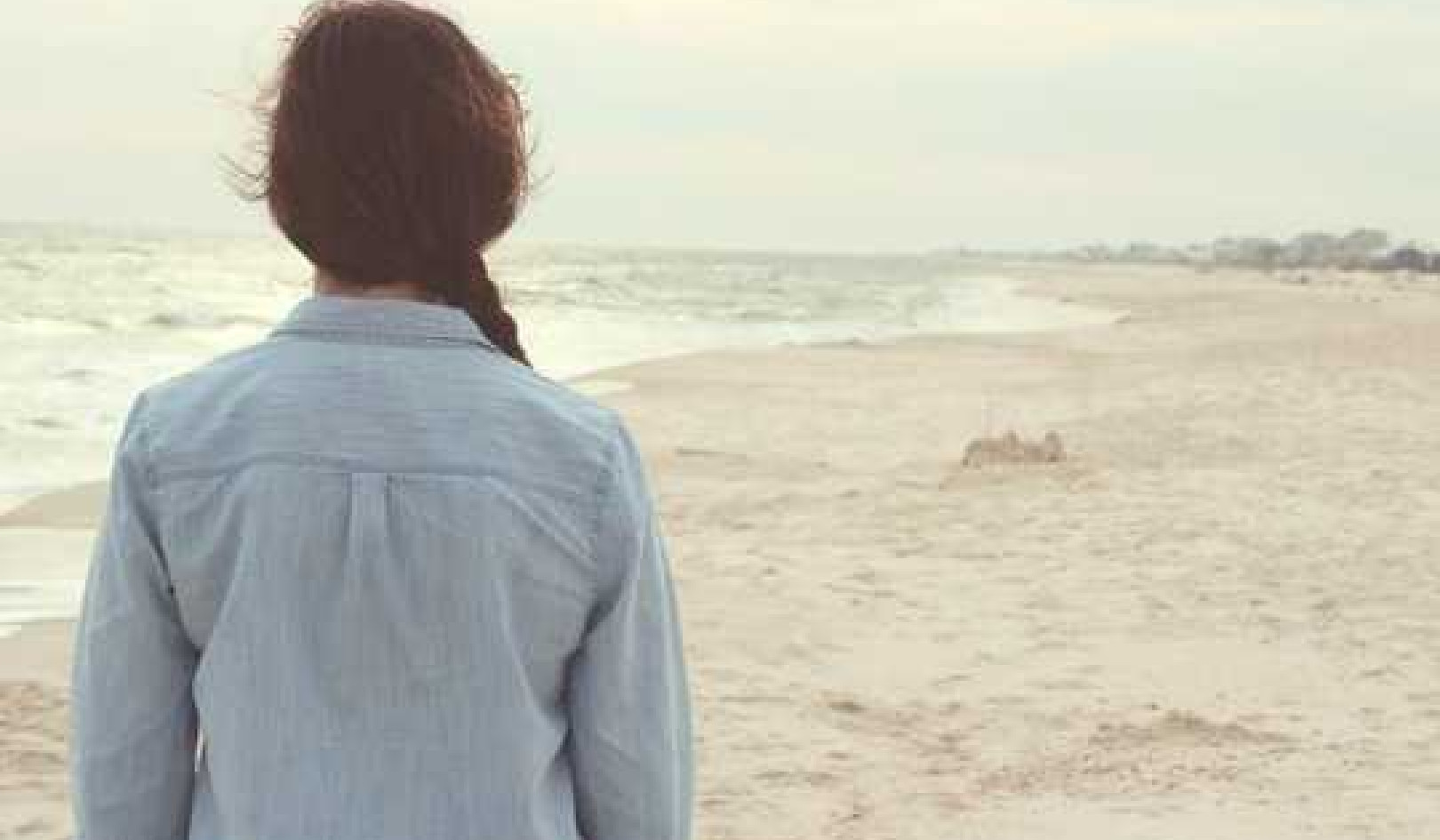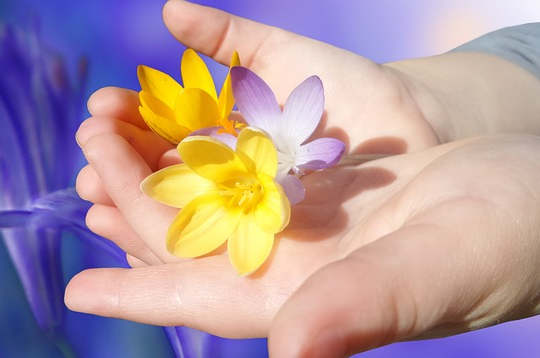
In The Old Way: A Story of the First People, Elizabeth Marshall Thomas describes the gift culture of the Ju/Wasi people inhabiting the Kalahari desert. She describes their concept and practice of xaro, “almost every object was subject to xaro, received as a gift from someone else, to be given as a gift to another person later.”
Xaro has to be authentic. For example: “A return gift made too soon would seem like a trade, not like a gift made from the heart, and thus would not strengthen the social bond, which was its purpose.” In other words, the social bonds formed by xaro grew from an authentic desire to be tied together, and benefit to one was seen as benefit to another.
“In a social fabric as tight and thick as that of the Ju/Wasi, what happens to one happens to all.”
Western modernity inverted this idea that we exist, first and foremost, as intersubjective social beings. Cartesian solipsism and dualism led to the creation of the infamous subject-object split, which neo-Darwinism and positivism later solidified. In modernity, the individual took on the role of the primary agent in nature and viewed relationships and collectives as secondary.
When the primacy of individuality rules, we block out the power of intersubjectivity. Celebrating individuality at the expense of “interbeing” (as Buddhist teacher Thich Nat Han called it) leads to social systems dominated by a few powerful individuals and to the ideology of “trickle-down economics.”
By contrast, in indigenous gift-sharing and kinship societies, individuals do not “win” at the expense of society but rather consider society’s win as theirs. Futurist Riane Eisler referred to this as “linking rather than ranking,” typical of the partnership paradigm, and the antithesis to the dominator paradigm. “Empowerment of self and others” characterizes the partnership model.
Gifting Our Individual Purpose
We don’t just have gifts to offer; we are gifts--intrinsically so. Rather than solely judging our worth on what we can offer materially, or how well we play ideological games, we should nurture the entelechy within each being. [Entelechy = that which realizes or makes actual what is otherwise merely potential.]
Instead of funneling humans into categories, or treating us as cogs in the ever-growing mechanism of industrialism and capitalism, we would do better to begin by assuming that all beings possess intrinsic purpose, on offer to the whole. As author Jean Houston once described entelechy:
“We are all loaded and encoded with a dynamic purpose, a special gift and ability that comes naturally to us--so naturally that we may even take it for granted and not recognize it as our innate, great purpose.”
Nature’s genius takes place all around us--an acorn has within it an oak--and nature’s genius takes place within us as well.
In an open, healthy system, energy flows where it needs to go through the guidance of appropriate structures. This applies to organisms on every scale. Flow promotes well-being. For instance, most disease results from over-accumulation of materials in certain systems of the body that lead to blockage or abnormal growth.
Disease arises from repeated imbalance that leads to a restriction of natural flow. When normally beneficial processes either speed up or slow down, unable to circulate throughout the body at a normal rate and appropriate time, illness follows. What began as a beneficial process turns into an unnatural blockage. Excess private accumulation of resources can be thought of as a societal disease that clogs the system, creating gluts and deficiencies.
Gifting for The Common Benefit or Common Good
The true gift circulates through the system as a common benefit. In Silent Theft, David Bollier says:
“once a gift is treated as ‘property,’ once it can be exclusively owned and withheld from the community--its power as a gift begins to wane.”
Withholding the gift of self diminishes our power. This reminds me of Thomas Berry’s “broken conversation.” When human conversations dominate our awareness, we can no longer contribute to the whole of sentient life. Consumed with private accumulation, we no longer serve the wider collective.
Just as our offering to the whole of life preserves our life, offerings to the collective preserve our self. Our future, then, depends on resuming the flow of “the gift,” offering the self and contributing to the “great conversation.”
Returning to a Gift Mentality
Sociologist George Simmel once said: “Gratitude is the moral memory of mankind.” Sustainability activist Charles Eisenstein refers to this as the “gift mentality.” In The Ascent of Humanity he describes the “lonely, mercenary domain” of the founders of modernity:
“To live in the gift reverses that process, undoing the bonds of the discrete and separate self and all that goes with it.”
So if privatization and accumulation create imbalance and disease then a return to a gift mentality and sacred symbiosis can begin to reverse the process, restoring balance to the whole.
Physicist and environmentalist Fritjof Capra clarified the importance of symbiosis in our evolutionary destiny:
“All larger organisms, including ourselves, are living testimonies to the fact that destructive practices do not work in the long run . . . Life is much less a competitive struggle for survival than a triumph of cooperation and creativity.”
When atoms became molecules, which in turn formed cells, it happened by “organic choice.” As Stephen Harding points out:
“Mitochondria teach us that independence is impossible.”
Evolution happened when living organisms made the choice to cooperate. Without the wisdom of our mitochondrial ancestors, we would not have had the immense privilege of evolving into complex creatures like human beings.
The Drive to Connect: Caring Connections
More than most other mammals, human infants depend on others from the moment we are born. Eisler notes:
“humans are biologically equipped to derive enormous rewards of pleasure from caring connections, without which, because of our uniquely long childhoods, we cannot even survive.”
This drive to connect has forged our evolutionary path. The social evolution of human tribes, not to mention our species’ survival, depends on this ability to connect, to partner with, and to create for and with others. We receive so much from other beings every day, and we, too, have so much to offer in return.
©2019 by Julie Morley. All Rights Reserved.
Reprinted with permission of the publisher, Park Street Press,
an imprint of Inner Traditions Inc. www.innertraditions.com
Article Source
Future Sacred: The Connected Creativity of Nature
by Julie J. Morley
 In Future Sacred, Julie J. Morley offers a new perspective on the human connection to the cosmos by unveiling the connected creativity and sacred intelligence of nature. She rejects the “survival of the fittest” narrative--the idea that survival requires strife--and offers symbiosis and cooperation as nature’s path forward. She shows how an increasingly complex world demands increasingly complex consciousness. Our survival depends upon embracing “complexity consciousness,” understanding ourselves as part of nature, as well as relating to nature as sacred.
In Future Sacred, Julie J. Morley offers a new perspective on the human connection to the cosmos by unveiling the connected creativity and sacred intelligence of nature. She rejects the “survival of the fittest” narrative--the idea that survival requires strife--and offers symbiosis and cooperation as nature’s path forward. She shows how an increasingly complex world demands increasingly complex consciousness. Our survival depends upon embracing “complexity consciousness,” understanding ourselves as part of nature, as well as relating to nature as sacred.
Click here for more info and/or to order this book. Also available as a Kindle edition.
About the Author
 Julie J. Morley is a writer, environmental educator, and futurist, who writes and lectures on topics such as complexity, consciousness, and ecology. She earned her B.A. in Classics at the University of Southern California and her M.A. in Transformative Leadership at the California Institute of Integral Studies, where she is completing her doctorate on interspecies intersubjectivity. Visit her website at https://www.sacredfutures.com
Julie J. Morley is a writer, environmental educator, and futurist, who writes and lectures on topics such as complexity, consciousness, and ecology. She earned her B.A. in Classics at the University of Southern California and her M.A. in Transformative Leadership at the California Institute of Integral Studies, where she is completing her doctorate on interspecies intersubjectivity. Visit her website at https://www.sacredfutures.com
Related Books
at

Thanks for visiting InnerSelf.com, where there are 20,000+ life-altering articles promoting "New Attitudes and New Possibilities." All articles are translated into 30+ languages. Subscribe to InnerSelf Magazine, published weekly, and Marie T Russell's Daily Inspiration. InnerSelf Magazine has been published since 1985.

Thanks for visiting InnerSelf.com, where there are 20,000+ life-altering articles promoting "New Attitudes and New Possibilities." All articles are translated into 30+ languages. Subscribe to InnerSelf Magazine, published weekly, and Marie T Russell's Daily Inspiration. InnerSelf Magazine has been published since 1985.



















